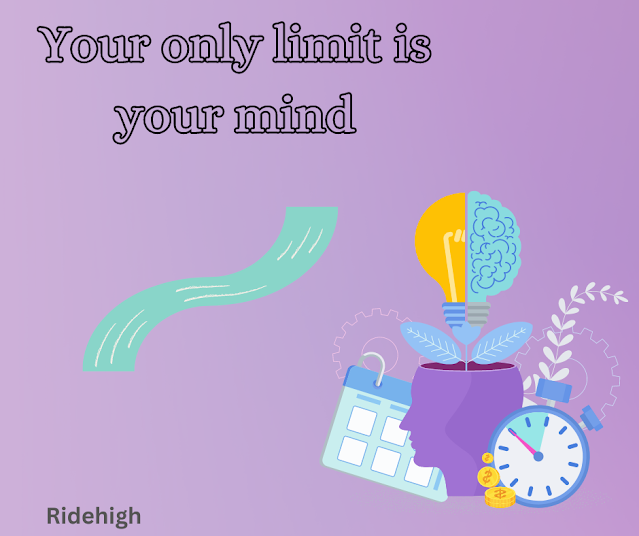The human mind is a complex and powerful entity that plays a significant role in shaping our experiences and emotions. While it has the potential to bring immense joy and fulfillment, it can also become a source of self-destruction when negative patterns and thought processes take hold. In this regard, it is not uncommon for one's own mind to become the very obstacle standing in the way of their happiness.
One way in which the mind can destroy happiness is through the lens of self-doubt and negative self-talk. When we constantly berate ourselves with thoughts of inadequacy, unworthiness, or failure, we create a toxic environment within our minds. These self-defeating thoughts chip away at our self-esteem and make it increasingly difficult to find joy and contentment in life. The mind becomes a relentless critic, highlighting our flaws and magnifying our mistakes, leaving little room for positivity or self-compassion.
Moreover, the mind has a tendency to dwell on the past and worry about the future, often at the expense of the present moment. Regret over past decisions, missed opportunities, or painful experiences can haunt our minds, preventing us from fully engaging with the present and finding happiness in the here and now. Similarly, the mind's fixation on the future, constantly ruminating on what might go wrong or obsessing over potential obstacles, creates anxiety and fear that undermine our ability to experience joy.
Another way in which the mind sabotages happiness is through the comparison trap. In today's hyper-connected world, it is all too easy to compare ourselves to others, especially through the lens of social media. The mind becomes a breeding ground for envy, jealousy, and feelings of inadequacy as we compare our lives, accomplishments, and appearances to an idealized version of others. This constant comparison erodes our self-esteem and saps our ability to appreciate our own unique journey, thereby hindering our capacity for happiness.
Furthermore, the mind has a tendency to cling to negativity and amplify it, often disregarding positive experiences or dismissing them as insignificant. This phenomenon, known as the negativity bias, can overshadow moments of happiness and contentment, leaving us in a perpetual state of dissatisfaction. The mind becomes fixated on what's wrong, constantly seeking out potential threats or problems, and neglecting the positive aspects of life. This pessimistic mindset can lead to a distorted perception of reality, where joy and happiness become elusive and unattainable.
In addition, the mind's attachment to expectations can be a major source of unhappiness. We often create rigid notions of how life should unfold, how people should behave, or how we should feel. When reality doesn't align with these expectations, the mind becomes disillusioned and discontented. It resists the natural ebb and flow of life, clinging to its predetermined ideas, and in doing so, it sets itself up for disappointment and unhappiness.
Moreover, the mind has a tendency to overanalyze and overthink, getting caught in a never-ending cycle of rumination. It obsessively dissects past events or anticipates future scenarios, replaying conversations, and creating hypothetical situations that rarely come to fruition. This constant mental chatter drains our energy, increases stress levels, and prevents us from being fully present. The mind becomes a prisoner of its own thoughts, unable to break free and experience the peace and happiness that lie beyond the confines of rumination.
In conclusion, while the human mind is a remarkable instrument, it is not immune to self-destruction. The patterns of negative thinking, self-doubt, comparison, attachment to expectations, and overthinking can all contribute to the erosion of happiness. However, it's important to remember that we have the power to change our thinking patterns and cultivate a more positive and compassionate mindset. By practicing mindfulness, self-compassion, and gratitude, we can begin to tame our own minds, freeing ourselves from the destructive tendencies that hinder our happiness. It is through this process of self-awareness and conscious effort that we can reclaim our joy and create a more fulfilling and contented life.
















0 Comments